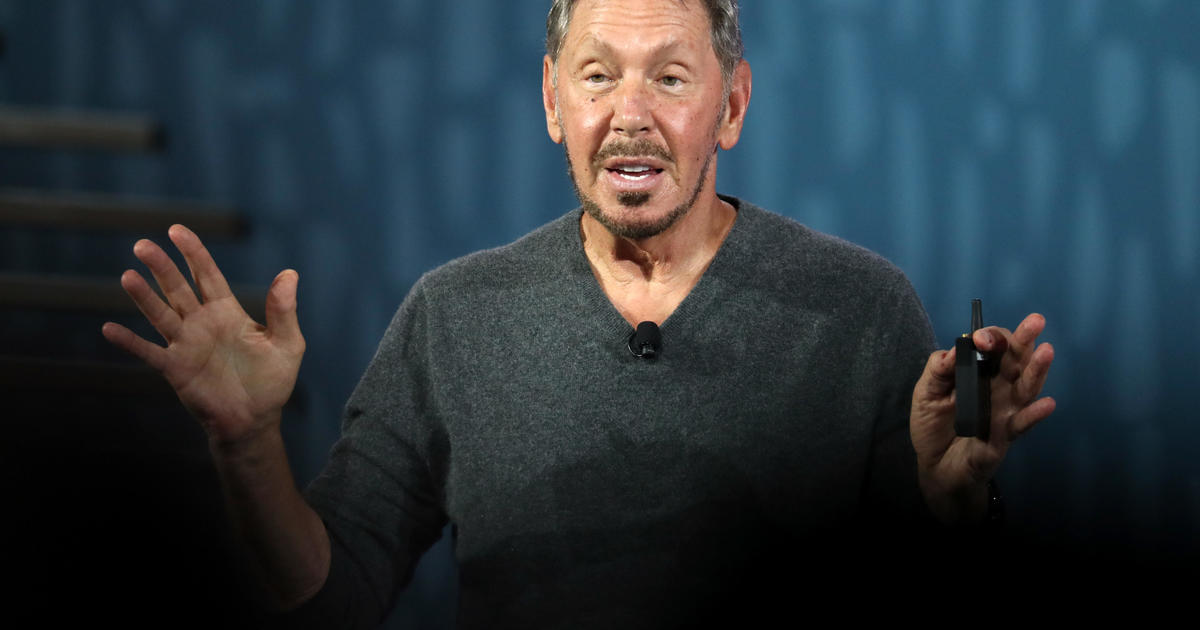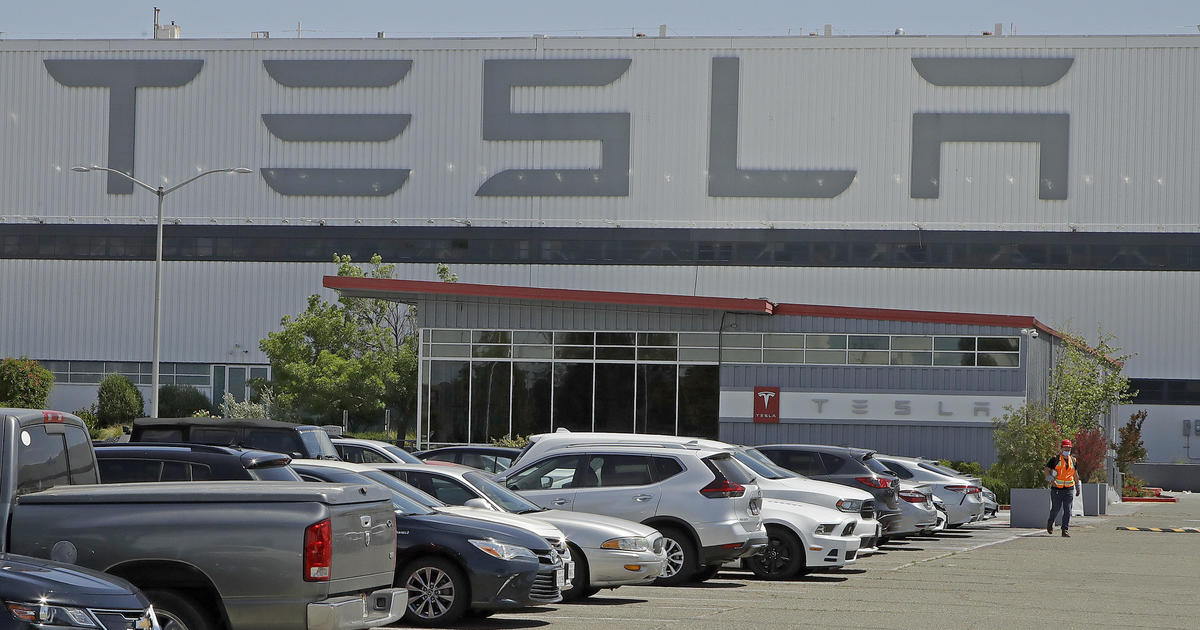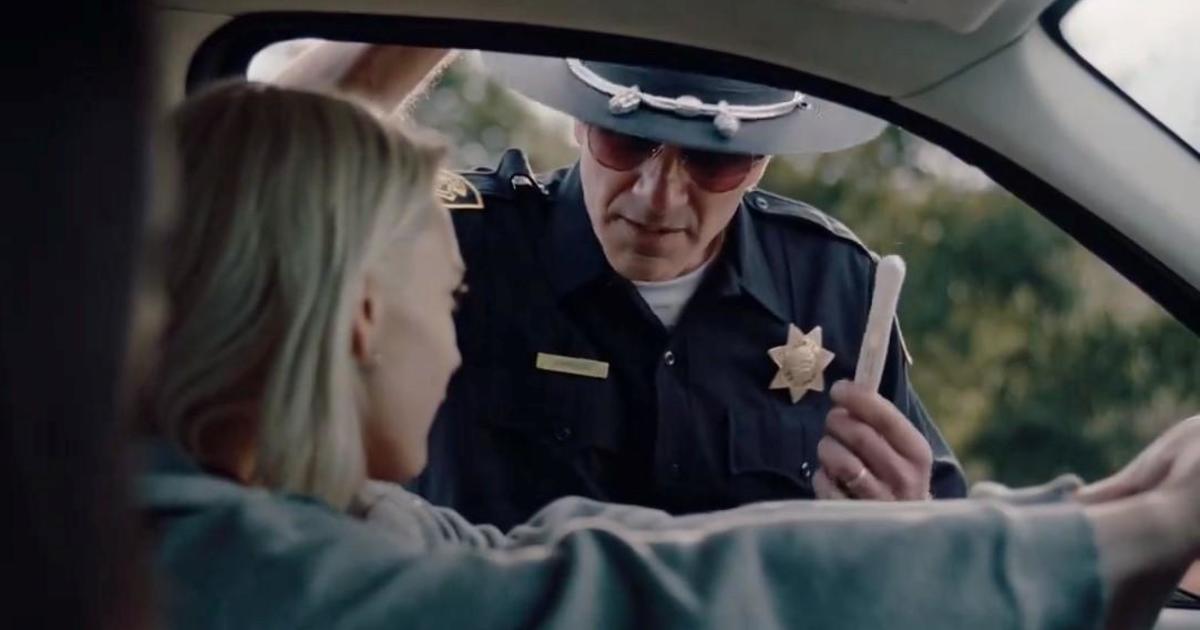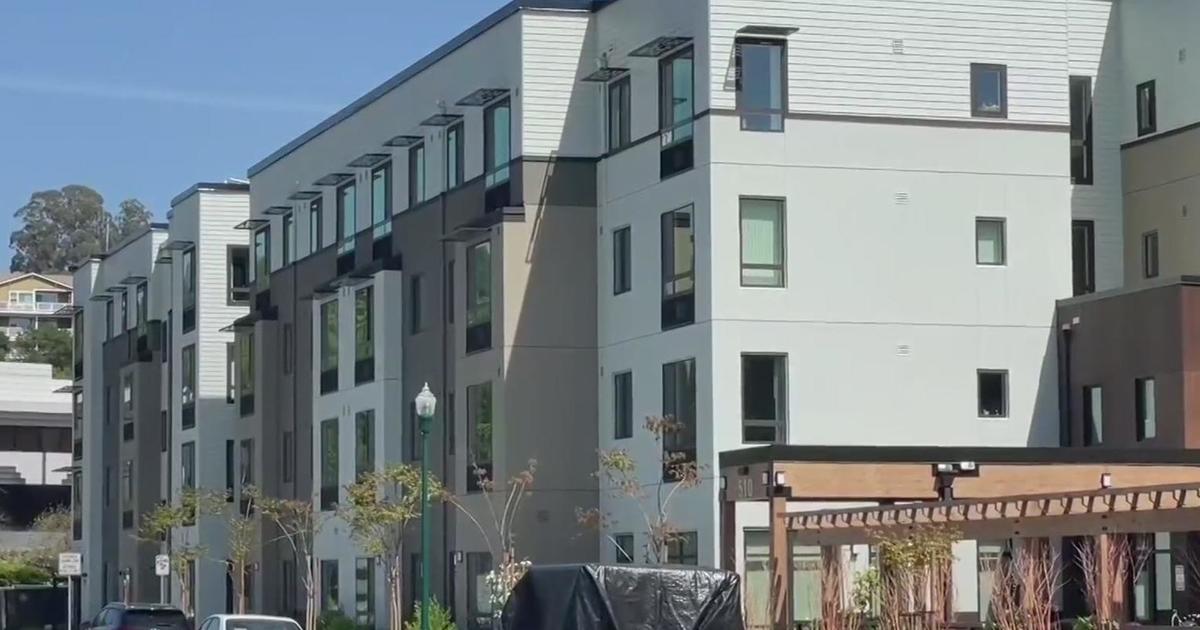Coronavirus Pandemic: Gov. Newsom Issues Statewide Stay-At-Home Order
SACRAMENTO (CBS SF/AP) -- Stating that the people of California need to do more in the face of the growing coronavirus pandemic, Gov. Gavin Newsom Thursday evening announced a statewide stay-at-home order to reduce the threat of COVID-19.
Newsom's office had already hinted at the weighty nature of what the governor would be talking about, noting that a "major announcement" would be made during a 6:30 p.m. address on the state's response to the COVID-19 outbreak.
"Our fate and future is inside of us. We're not victims of circumstance," Newsom said. "We can make decisions to meet moments. This is a moment we need to make tough decisions."
Newsom continued: "A state as large as ours -- a nation-state -- is many parts. But, at the end of the day, we're one body. And there's a recognition of our interdependence that requires of this moment that we direct a statewide order for people to stay at home."
The order matches the one that went into effect for the Bay Area earlier this week, shutting down all but essential businesses including grocery stores, takeout and delivery restaurants, banks, gas stations and laundromats and banks.
COMPLETE COVERAGE: CORONAVIRUS PANDEMIC
All dine-in restaurants, bars, nightclubs, entertainment venues, gyms and fitness studios, museums and convention centers are closed.
The statewide order went into effect immediately when announced Thursday night and would remain in place "until further notice." More detailed information is available at the state website.
The governor acknowledged the difficulty that would face residents with the new statewide order to remain at home, but insisted that such lengths were required to keep the coronavirus spread in check.
"We are looking at a delta, a gap, that requires about 10,000 beds, and 10,000 members of the community to staff those beds," explained Newsom. "And that's what we're currently up against."
Newsom said the state would secure the use of Seton Hospital in Daly City to expand the number of beds available in the Bay Area to treat the expected surge of coronavirus patients.
Recently, the San Mateo County Board of Supervisors voted to approve $20 million in funding to keep Seton open amid the current outbreak.
Verity Health Systems, the hospital's owner, filed for bankruptcy in 2018 and had been planning to shutter the hospital. The closure would have forced Daly City residents to travel further for urgent medical care and made it harder to treat homeless residents as well as current and future coronavirus patients.
Newsom stressed that widespread behavioral change from Californians is what will truly "bend the curve" of COVID-19 spread.
"There is a social contract here. People, I think, recognize the need to do more and to meet this moment. People will self regulate their behavior. They'll begin to adjust and adapt as they have been quite significantly," Newsom said during the address announcing the new order. "We will have social pressure, and that will encourage to do the right thing, and just, to nod and look, and say, 'Hey, maybe you should reconsider being out there on the beach, or 22-strong at a park.'"
Newsom noted that the Bay Area had already been under such an order for several days with much of the population abiding by the new restrictions.
"I'm being very straight with you," Newsom said. "These are numbers I can assure you governors, mayors, administration across the country are working with."
The governor also announced he will mobilize 500 California National Guard troops to help with food distribution but, he said, they will be in place only for humanitarian reasons.
Newsom also alluded to the hard time he had telling his own family how drastic the action the state would be taking in the face of the looming coronavirus threat.
"But I think it's time to tell you what I tell my family. What I tell my wife, just as I did two nights ago when I told my daughter when I don't believe that this school year she'll get back into that classroom," Newsom said.
Earlier Thursday, Newsom offered a sobering prediction on the surge of coronavirus cases coming to the state, projecting that more than half of the state's residents will become infected over an eight-week period.
Newsom issued the stark assessment in a letter to President Donald Trump, requesting the immediate deployment of the USNS Mercy hospital ship to the Port of Los Angeles through the beginning of September.
"We project that roughly 56 percent of our population--25.5 million people--will be infected with the virus over an eight week period," said Newsom in the letter.
Newsom said in the letter that California has had 126 new COVID-19 cases in the last 24 hours - including 44 news community acquired transmission - a total increase of 21 percent. With the case rate doubling every four days in parts of the state, Newsom projected some 25.5 million Californians would eventually contract the virus.
A spokesman for the governor later on Thursday clarified, saying the 25.5 million cases represented a worst-case scenario without mitigation efforts such as business closures and shelter-in-place orders.
Here are the highlights of the governor's new restrictions:
STAY AT HOME REQUIREMENTS
All Californians must stay at home except to get food, prescriptions and health care, care for a friend or relative, walking the dog and taking outdoor exercise such as walking, running or hiking. When people do go out, they should practice social distancing.
BUSINESSES
Most businesses and business venues such as indoor malls will be closed to the public. According to state health officials, they include dine-in restaurants; bars, nightclubs and other entertainment places where people gather, along with gyms and fitness studios. Convention centers and public events are also out of bounds.
WHAT'S STILL OPEN?
Businesses that provide essential services will remain open. They include grocery stores, farmers markets, food banks, convenience stores, pharmacies and other health care providers, news outlets, banks and laundromats. Restaurants can still provide take-out food and make deliveries. Businesses involved in construction and "essential infrastructure" such as plumbers, electricians, gas stations, auto repair shops and hardware stores also are exempt. Public transportation and utilities will continue to provide service.
ENFORCEMENT
Misdemeanor penalties apply but the governor said he hopes law enforcement won't need to enforce the order and believes social pressure will encourage people to "do the right thing."
HOW LONG WILL IT LAST?
Until further notice, according to the order. The governor didn't give a prediction but said he doesn't expect it to extend for "many, many months."
© Copyright 2020 CBS Broadcasting Inc. All Rights Reserved. The Associated Press contributed to this report



